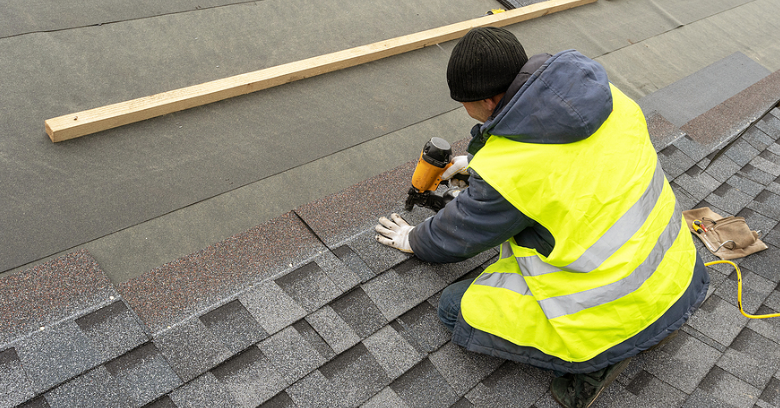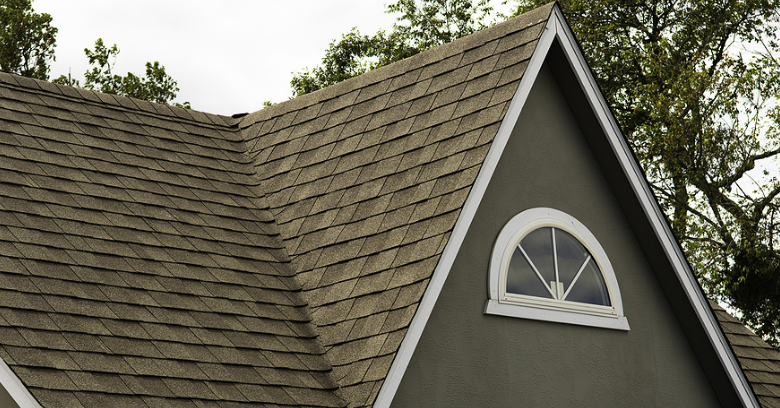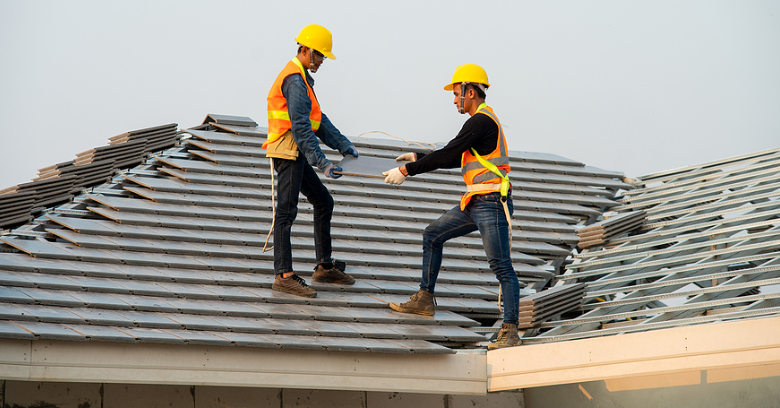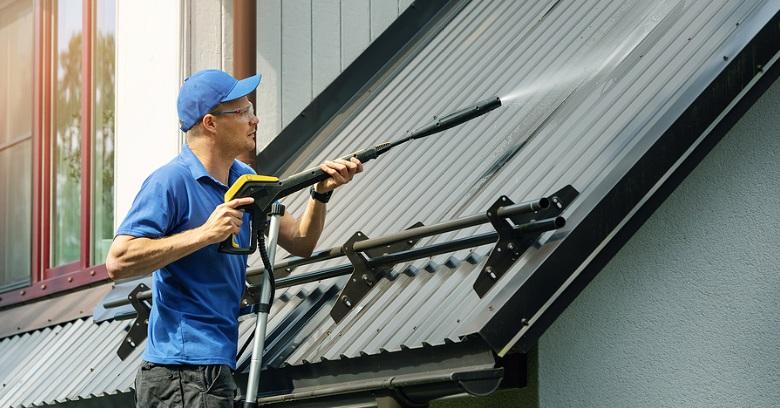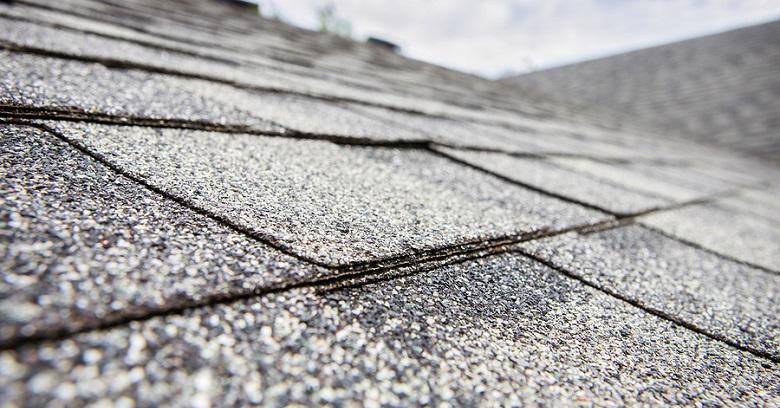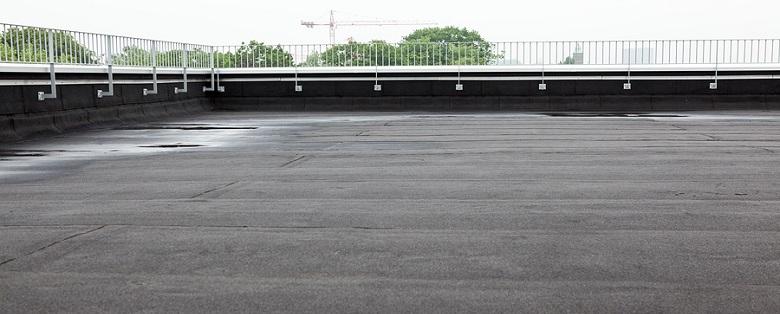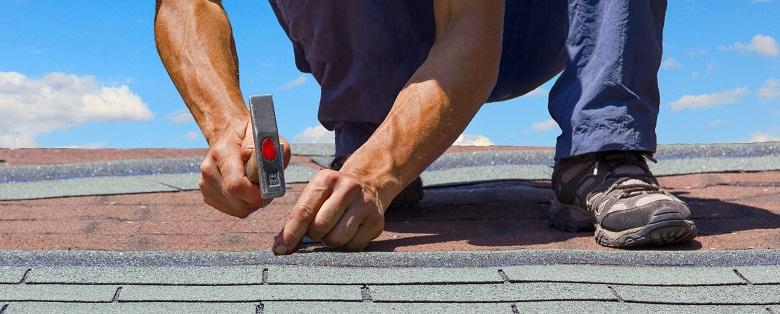If you’re debating whether to invest in a new commercial roofing installation now or to put it off as long as you can, you should know that there are multiple reasons why hiring roofers to do it now makes more sense than waiting.
Whether your installation is suffering from ongoing roof maintenance issues or is simply nearing it’s suggested retirement age, consider the less obvious but equally important reasons why replacing the roof on your home or building now is more practical than continuing to put it off.
1. Prevent Unnecessary Damage
An old roofing installation that needs to be replaced could be contributing to undetected structural damage.
Even when regular commercial roof maintenance has been done and repairs have been made as needed, there comes a time when the possibility of accumulating damage due to these repeated minor problems must be recognized.
Rather than end up with a much larger repair bill to fix structural or other issues, invest in a new roof and stop it all.
2. Increase Property Value
The age and condition of the roof is an important factor when determining property value.
The more work a home or building needs, the less it’s worth.
When you choose to call commercial roofers before a property value assessment, the appraised value of your building will be much higher, sometimes even higher than the cost of the roof itself.
Alternatively, a bad roof can disproportionately reduce value.
3. Create More Curb Appeal
Appearance matters, whether it’s a house in a neighborhood or a business location somewhere.
Newer commercial roofing installations always produce a more attractive and well-kept appearance that stands out and relays the message that a home or building is maintained and there is owner pride.
4. Improve Energy Efficiency
According to experienced commercial roofers, as a roof ages the less energy efficient the materials become as they slowly degrade over time.
Add to this the idea that roofing materials are continually being improved and made more environmentally friendly and energy efficiency could be improved considerably by investing in a new installation sooner rather than later.
5. Better Materials and Warranties
In the 20+ years that even shorter-lived roofing materials may last, many new and improved products that last longer and perform better will be introduced.
Replacing older materials with newer ones reduces your need to hire commercial roofers to do increasing amounts of roof maintenance since today’s materials are of better quality.
Today’s materials also carry better and longer warranties.
6. Sell Faster
If trying to sell your home or building, one of the most attractive features that will help property sell faster is a new roofing installation.
Between the benefits of improved appearance and curb appeal, increased property value, energy-efficiency, and longer-lasting, higher-performing materials, commercial property will attract more interest and sell faster than if left with an old roof that is already aging.
7. Home Health and Comfort
With a new roof, issues are eliminated like attic dampness and mold growth that can affect indoor air quality, increase allergies, and cause various respiratory illnesses.
An energy-efficient, high-performing commercial roof also makes it easier to keep the interior of a home or building at a comfortable temperature in all seasons.
Ready to Get That New Roofing Installation?
With so many important reasons illustrating the importance and practicality of a new commercial roof, what are you waiting for?
Whether selling, dealing with too much roof maintenance and repairs, wanting to reduce utility bills, or just desiring a home or building to look nicer, all of these things can be resolved at once when you call a commercial roofer for a new roof!
